PhD Students
Merlin Weiss

As a PhD student jointly affiliated with the Environmental Physics Group and the Ecosystem and Landscape Evolution Group at ETH Zurich, I work on the BiOcean5D project to understand how marine biodiversity changes across space, time, and environmental gradients. My research focuses on using environmental DNA and remote sensing to develop spatiotemporal models of biodiversity from coastal to open-ocean ecosystems, applying statistical and machine learning techniques to map diversity patterns and explore how environmental drivers shape the distributions of marine life. I am particularly interested in bridging theoretical ecology with advanced computational methods to better understand and predict species–environment interactions in the context of global change. My background is in quantitative ecology, with a BSc in Wildlife Management and an MSc in Ecology and Data Science from University College London.
Links: external page LinkedIn, external page Researchgate, external page Orchid, external page Google Scholar, external page Github
Shushu Zhang
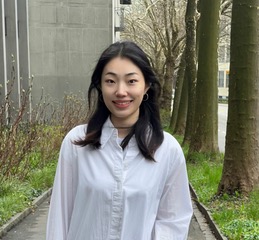
I am a PhD student in the Environmental Physics group. My work focuses on understanding and quantifying the fate of organic carbon (OC) in Arctic marine sediments under climate change. Using the MOSAIC database and spatial machine learning, I investigate key environmental drivers of OC burial and trace its sources through isotopic signatures. Finally, I will model future projections of the Arctic OC budget considering variable climate scenarios. I have a bachelor’s degree in Hydrology and Water Resources Engineering at Wuhan University and master’s degree in Environmental Sciences and Engineering at EPFL.
Dominic Eriksson
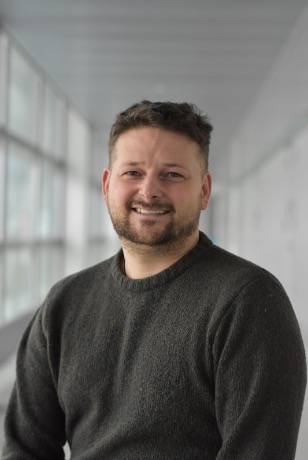
I am a PhD candidate at ETH Zurich shared between the Institute of Microbiology and the Institute of Biogeochemistry and Pollutant Dynamics. I did my Bachelor’s in Ecology at the University of Vienna and attended the University of Algarve for my master’s in Marine Biology afterward. My master’s thesis has been focused on taxonomic profiling of the prokaryotic community associated with a soft coral. Since 2019 I have been employed at ETH Zurich, where I started as an intern in the field of global marine plankton diversity and the question of how diversity relates to ecosystem functions, with a special emphasis on aspects affecting global biogeochemical cycles in the ocean. To do so I use Species Distribution Models that have been developed for modeling regions, that suffer from sparse observations and uneven sampling efforts.
Jana Härri
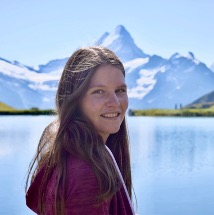
I am a PhD student in Nicolas Gruber’s Environmental Physics group, having earned my bachelor’s and master’s degree in Environmental Sciences at ETH Zürich. During my master thesis, I delved into interannual variability in the nitrogen fixation in the Amazon plume area. Shifting focus for my PhD, I am now studying the nitrogen cycle in the Eastern Tropical Pacific, specifically nitrous oxide dynamics in the past, present and future. To do so, I use a regional model (ROMS-BEC) which is coupled to a state-of-the-art nitrogen cycling module (NitrOMZ, developed in Daniele Bianchi’s group at UCLA). With this model, I identify the impact of the El Niño – Southern Oscillation and gap winds on the nitrous oxide dynamics as well as the future development of marine nitrous oxide emissions. Nitrous oxide measurements taken on board the S/Y Eugen Seibold in the waters between Panamá, Galápagos and Costa Rica complement the modeling work.
Jin-Ming Tang
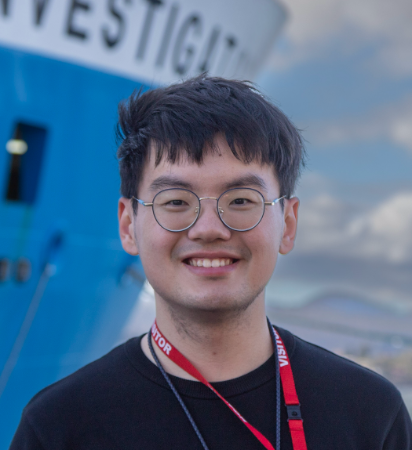
I am a visiting PhD student advised by Prof. Nicolas Gruber at the Institute of Biogeochemistry and Pollutant Dynamics, ETH Zurich and hold the 2021 MEL PhD student fellowship at Xiamen University. In 2021, I received my Bachelor degree (with honor) in marine science at Xiamen University. I am interested in ocean nutrient biogeochemical cycles and their interaction with climate. Throughout my Bachelor and initial 2-year of PhD program, I mainly study the nitrogen processes (e.g., uptake and nitrification) in various aquatic systems. During my 2-year visit in ETH (expected from 2024.3 to 2026.2), my research will transition from fieldwork to modeling. I will use the Earth System Model (e.g., CESM-BEC) integrated with nitrogen isotopes to study marine nitrogen cycle in the context of the Anthropocene, with a focus on the changing budgets and the role of feedback within the system.
Links: external page ResearchGate; external page ORCID; external page Google scholar.
Stella Bērziņa
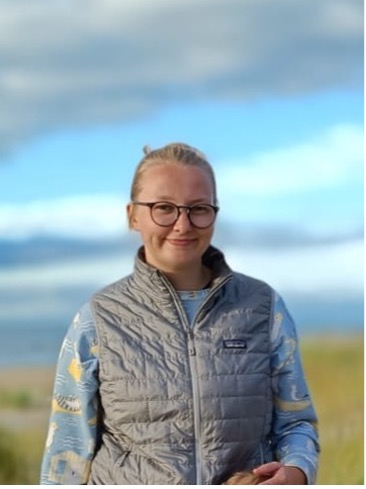
My PhD is a part of the EERIE project where we use high-resolution coupled climate models to explore the importance of ocean mesoscale features in the climate system. Within this project, I focus on mesoscale eddies which are rotating features in the ocean, similar to low- and high-pressure systems in the atmosphere. In particular, during my PhD I want to explore how mesoscale eddies transport water and the associated heat and biogeochemical properties.
I did my Bachelor's in Marine Biology and Oceanography at Newcastle University, and my Master's in Climate Science at the University of Bern.
Joel Wong
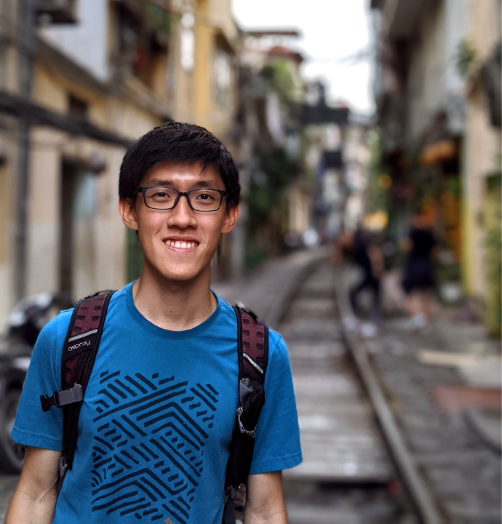
I study compounded marine extremes in the vertical column, as a Ph.D student in the Environmental Physics Group. Stressors such as higher temperature, higher acidity, and lower oxygen will increasingly affect marine organisms and ecosystems in the future. My work focuses on identifying these compounded extremes and diagnosing the drivers behind them. To do this, I rely on the Regional Ocean Modelling System (ROMS) with a focus on the Southern Ocean.
Previously, I had spent some time in National University of Singapore developing water quality retrieval algorithms from remote sensing data, before making the pivot to oceanography.
Emma Ferri
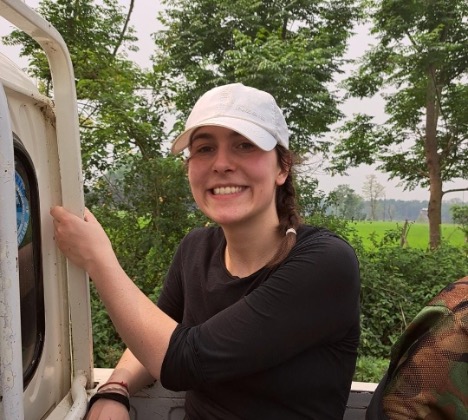
I am a PhD student in the Environmental Physics group. I am part of the EERIE project, focused on the usage of high resolution coupled climate models to resolve and study mesoscale structures in the ocean. My focus is on extreme events, especially marine heatwaves, which I study using the ICON model. During my PhD I will focus on tracking marine heatwaves in the ocean, and assessing their impacts and drivers.
I have a bachelor's degree in Astronomy and a master's degree in Physics of the Earth Systemfrom the University of Bologna
Links: external page EERIE